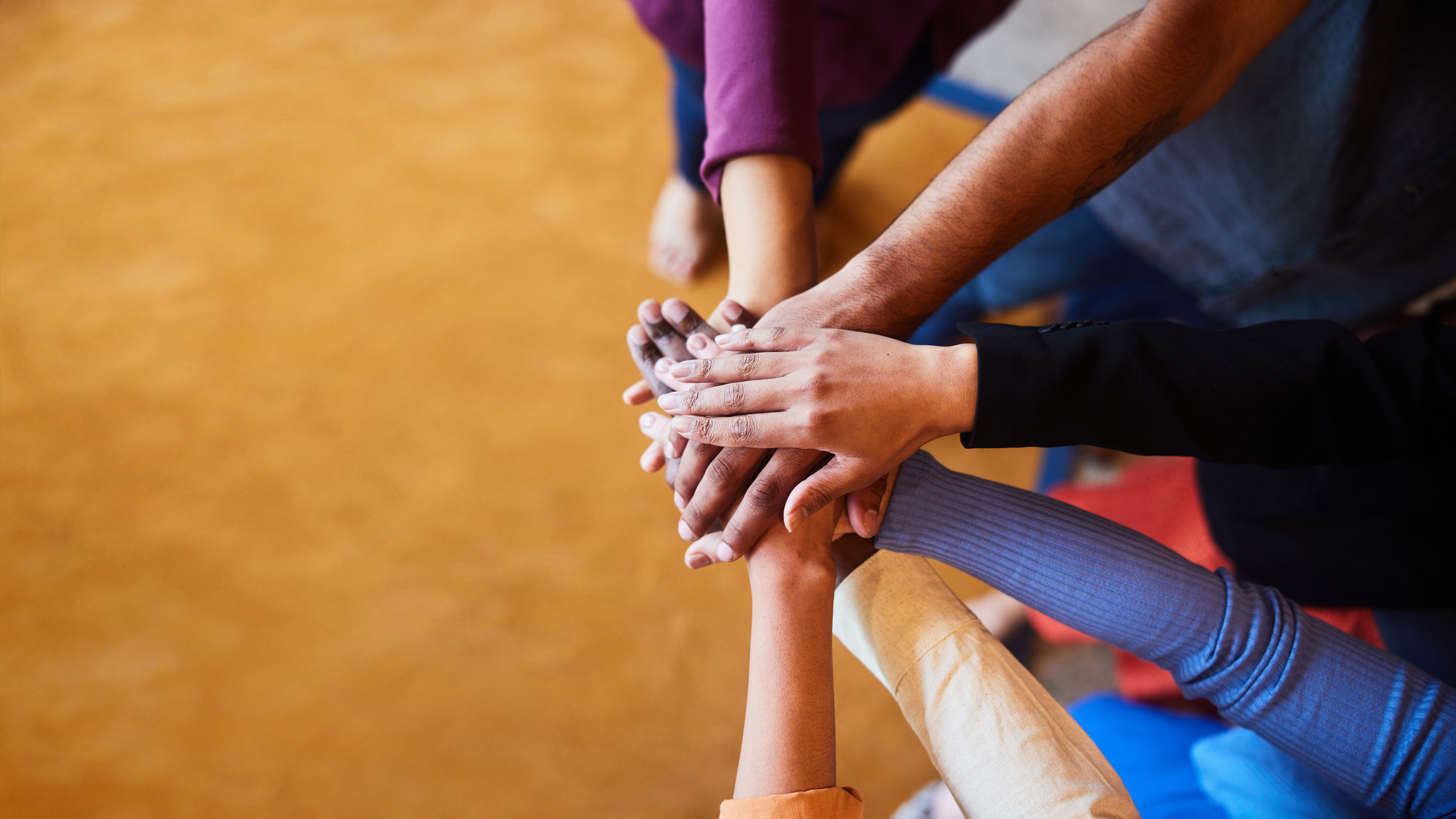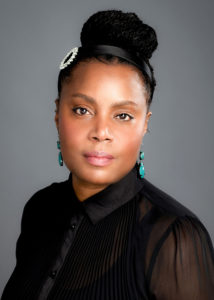A Deeper Look Into What Diversity Can Mean

Diversity, Equity and Inclusion (DEI) efforts are on the rise in many of our workplaces. According to Gallup and Workhuman, 97% of HR leaders are reporting that their organizations have made positive changes to improve DEI. While it’s encouraging to see a focus on inclusion becoming more commonplace, misconceptions about what authentic inclusion looks and feels like are still quite present.

Dr. Abyssinia Washington Tabron, Vice President of Clinical Engagement and Diversity, Equity, Inclusion + Belonging
When we hear the term “diversity,” we often view this almost exclusively through the lens of race, gender, or sexual identity and expression. But diversity encompasses this and so much more.
Below are just some of the ways our identities can differ:
- Age
- Caretaker status
- Cultural background
- Gender identity
- Immigration status
- Language ability
- Mental health
- Personality differences
- Physical health and disability
- Sexuality
- Social preferences (introverted, extroverted)
- Socioeconomic background
At KVC, we aim to create a true organizational culture of inclusion. We want team members and those we serve to know they belong. Accordingly, we are trying to look beyond stereotypical, surface-level views of diversity. We want to expand our awareness of what Diversity, Equity, Inclusion + Belonging (DEI+B) can look like.
“Simply put, diversity is the range of our differences and similarities – that means diversity applies to ALL of us!” explains Dr. Abyssinia Washington Tabron, Vice President of Clinical Engagement and Diversity, Equity, Inclusion + Belonging for KVC Health Systems. “Consideration of the experiences and impact to these groups is a crucial component of diversity, but it’s not the whole.”
At the heart of DEI+B is connection; therefore, our DEI+B efforts strive towards valuing individuals’ diverse identities, experiences and attributes which we know strengthens KVC’s value to the clients and communities we serve.
Inviting Expressions of Uniqueness
It’s a common misconception that inclusion efforts don’t impact the success of an organization. However, work environments that only allow for a narrow group of individuals to belong can result in issues with recruitment, retention and meeting goals. Gallup found in their research that “if employee uniqueness is a barrier to advancement or a catalyst for disrespect, leaders might be alienating the talented people who drive their organization forward.”
We work to build an inclusive culture not just to get people in the door, but to continue to invite team members to lean into their authenticity. According to Gallup, “It’s about fostering and protecting the uniqueness that each employee brings when they show up or sign in each day.” Everyone has various aspects to their identities that impact their experience at work and the factors that will give them a sense of belonging.
 Seen & Valued: The Power of Recognition
Seen & Valued: The Power of Recognition
There are so many factors that make each of us unique. But we all thrive when we are seen, appreciated and supported in our growth. Recognition can be transformative to a culture when it is authentic, equitable and personalized. Gallup has found that authentic recognition is associated with more equitable and inclusive workplaces.
Making an effort for team leaders to truly get to know employees is critical to ensuring that your team is motivated and bringing their full selves to the table. Gallup reports, “The point is to understand who employees are as people and recognize them as such. That’s where authenticity shines.” To feel appreciated, employees must first feel seen.
Having others take notice of your contributions and highlighting them makes a huge impact on team members feeling like they truly belong. Gallup found that employees who strongly agree that they receive the right amount of recognition for the work they do are four times more likely to perceive their workplace as inclusive. They are also seven times more likely to perceive it as equitable compared to those who don’t receive the right amount of recognition.
Black employees are 79% more likely to be thriving, and Hispanic employees are 69% more likely to be thriving when they strongly agree that the recognition they receive is authentic.
In our experience, authentic recognition improves workplace wellbeing. Hear from KVC employees on the effect our organizational culture has on them:
“KVC Health Systems has a great DEI+B initiative, a great work-life balance, and an amazing work culture. As a new employee, I felt recognized and encouraged to be myself and contribute to a team. The managers really set you up for success and are very encouraging.”
“I’ve felt more welcomed and wanted on my team than I felt for a long time at my previous company! The work life balance is amazing and being able to remote work and work when I need to for my family is an added benefit and one that I’ve never been able to experience. My supervisor takes time to ensure I’m understanding my role, ensures that I’m ready for the next step in the process and my coworkers are more than willing to answer any questions I have. Great place to be!”
“KVC is a caring, compassionate, people-focused company. From the workers to the families we work with, KVC seems to genuinely care. As an employee I feel like my ideas and opinions matter and KVC has great training and leadership in place.”
 Inclusion in Our Services
Inclusion in Our Services
KVC and other child welfare and mental health organizations serve children and families from all kinds of backgrounds and experiences. The same principles that support wellbeing in the workplace also show up in our services. When a therapist, case manager, nurse, or teacher encourages an individual to be who they are, they may feel more comfortable being their authentic self. This can lead to improved mental and emotional wellness. This is especially important to children and teens, whose self-esteem and identity are still forming and require support and acceptance for their healthy development. To provide quality services, we must work to understand and embrace the uniqueness of the children and families we support. Our commitment to DEI+B is fueled by our commitment to the diverse representation of the children, adults and families we serve.
Everyone Belongs
“Diversity doesn’t actually exclude anyone. On the contrary – diversity aims to include everyone. That’s because including and involving people from a wide range of backgrounds, abilities, gender identities, sexual orientations and expressions, faiths, education and economic levels, etc. enriches us all.”- Dr. Abyssinia Washington Tabron
Inclusion efforts are more powerful when we’re all invested. It’s everyone’s responsibility whether that means taking time to truly listen to your team members, taking up further educational opportunities or showing up as your full, authentic self. Learn more about KVC’s vision for DEI+B here.





